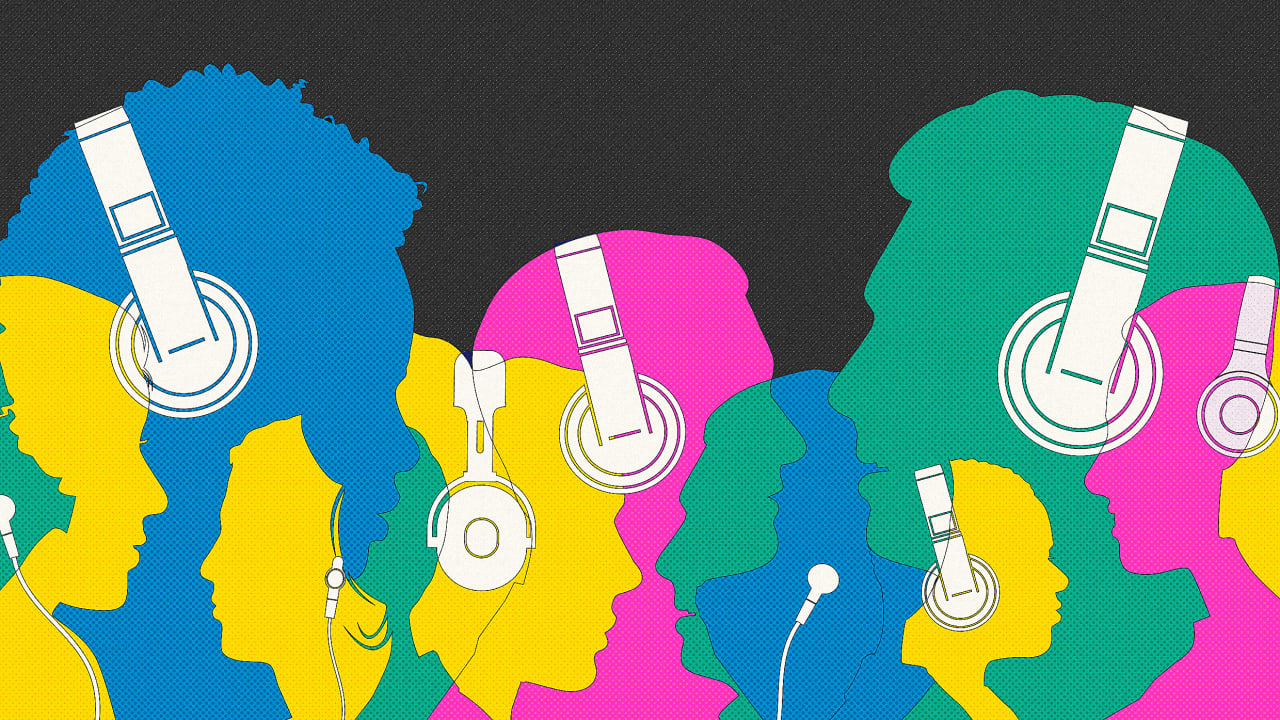
Have you ever noticed how a certain song can bring back a flood of memories? Maybe it’s the tune played at your first dance or the anthem of an unforgettable road trip.
People often think of these musical memories as fixed images of the past. But recent research published by my team and I shows that music can do more than just trigger memories—it can even change the way you remember them.
I am a researcher in psychology at the Georgia Institute of Technology. Our recently published research with my mentor Thackery Brown and University of Colorado Boulder music experts Sofia Mehdizadeh and Grace Leslie revealed interesting connections between music, emotion, and memory. In particular, listening to music can change the way you feel about what you remember—potentially offering new ways to help people cope with difficult memories.
Music, stories and memory
When you listen to music, it’s not just your ears that are busy. The areas of your brain responsible for emotion and memory are also activated. Important for storing and retrieving memories, the hippocampus works closely with the amygdala, the emotional center of the brain. Partly because of this, some songs are not only memorable, but also deeply emotional.
Although music’s ability to evoke emotions and trigger memories is well known, we wondered if it could also change the emotional content of existing memories. Our hypothesis was based on the concept of memory reactivation – when you recall a memory, it becomes temporarily flexible and allows new information to be incorporated.
We designed a three-day experiment to test whether music played during recall introduces new emotional elements into the original memory.
On the first day, participants memorized a series of short, emotionally neutral stories. The next day, they recalled these stories while listening to either positive music, negative music, or silence. On the last day, we asked the participants to recall the stories again, this time without any music. On the second day, we recorded their brain activity with fMRI scans, which measure brain activity by detecting changes in blood flow.
Our approach is similar to how film music can change the audience’s perception of a scene, but in this case we investigated how music can change participants’ actual memories of an event.
The results were surprising. When participants listened to emotionally charged music while recalling neutral stories, they were more likely to incorporate new emotional elements into the story that matched the mood of the music. For example, neutral stories recalled with positive background music were later remembered as more positive even when the music was not played.
Even more interesting were the brain scans we took during the experiment. That’s why a song associated with an important life event can feel so powerful—it activates both emotion and memory processing regions at the same time.
We also saw evidence of a strong connection between the parts of the brain that process these emotional memories and the parts of the brain involved in visual sensory processing. This suggests that music can embed emotional details into memories as participants visualize the stories.
Music memories
Our results show that music acts as an emotional lure, interweaving with memories and subtly changing their emotional tone. Memories may also be more flexible than previously thought and may be influenced by external auditory cues during recall.
Although further research is needed, our findings have interesting implications for both everyday life and medicine.
For people dealing with conditions where negative memories can be overwhelming, such as depression or post-traumatic stress disorder, carefully selected music can help reframe these memories in a more positive light and potentially reduce their negative emotional impact over time. It also opens up new avenues for exploring music-based interventions in the treatment of depression and other mental health conditions.
On an everyday level, our research highlights the potential power of the soundtrack people choose for their lives. Memories like your favorite songs can be remixed and remastered with music. The music you listen to while reminiscing or even going about your daily routine can subtly shape how you remember those experiences in the future.
The next time you put on your favorite playlist, think about how it can color not only your current mood, but also your future memories.
Yiren Ren is a research assistant in cognitive brain science at the Georgia Institute of Technology.
This article has been republished Conversation Under Creative Commons license. Read the original article.
